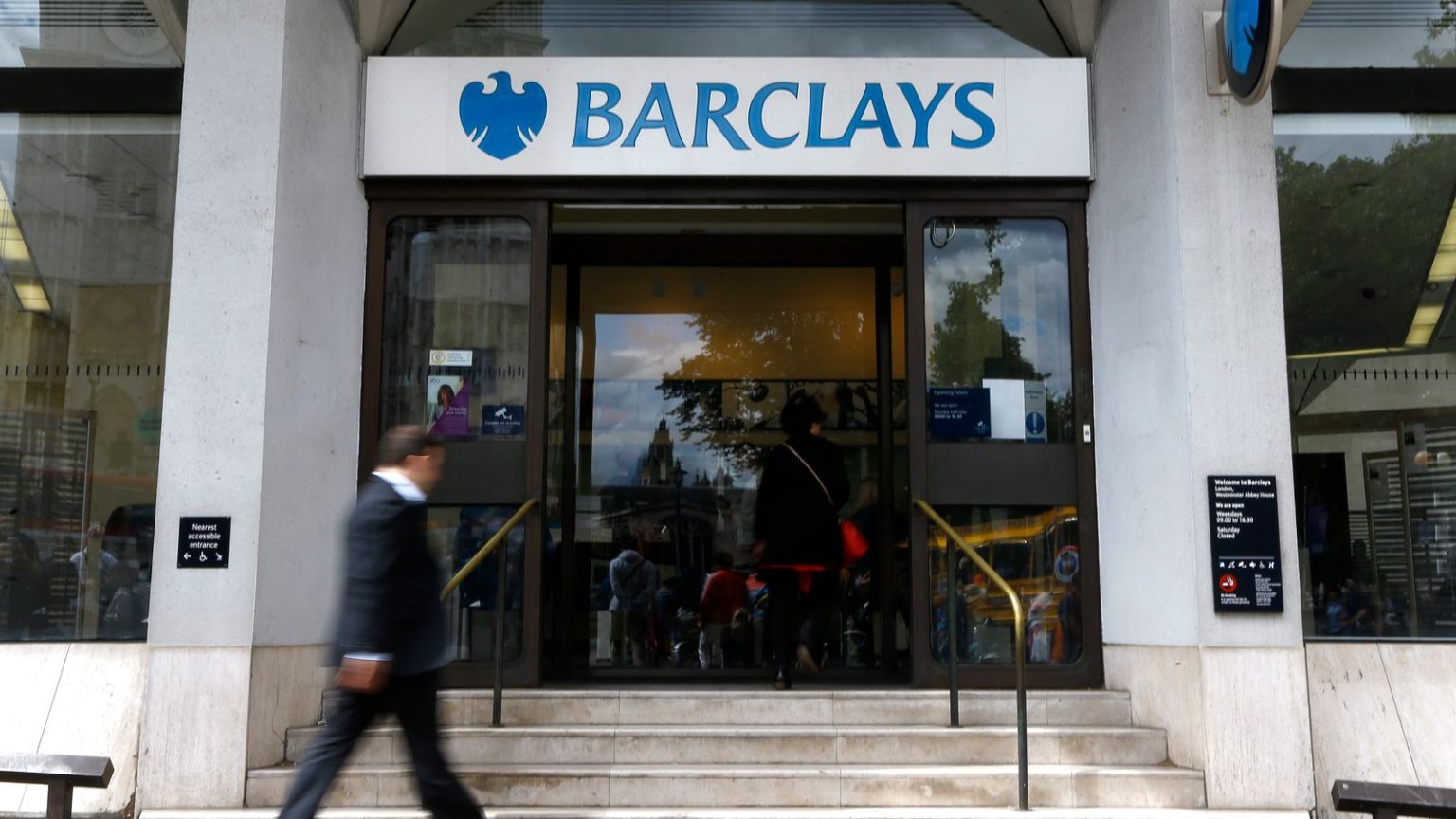Barclays Shares Employee Ownership Initiative
Barclays, the UK-based banking giant, has taken a significant step toward fostering a culture of shared ownership among its employees. In a move that reflects the bank’s commitment to inclusivity and equity, tens of thousands of staff members will receive shares in the company for the first time. On Wednesday, Barclays announced that approximately 90,000 employees would be granted stock awards worth around £500 each. This initiative, valued at between £45 million and £50 million, is part of a broader strategy to align the interests of employees with those of the company and its shareholders.
The decision to distribute shares to such a large portion of its workforce highlights the progressive vision of Barclays’ CEO, CS Venkatakrishnan. Known for his advocacy of democratizing equity ownership, Venkatakrishnan has consistently emphasized the importance of creating a more equitable and collaborative work environment. In a memo to staff, he expressed his optimism about the bank’s future, stating, “As we continue to execute and deliver on our commitments, I am optimistic about what we can achieve together in creating a simpler, better, and more balanced Barclays.” The grant of 170 Barclays shares to each eligible employee is a tangible manifestation of this vision, aiming to inspire a sense of ownership and responsibility among team members.
Strong Outlook Ahead of Annual Results
As Barclays prepares to unveil its full-year results for 2024 on Thursday, expectations are high that the bank will demonstrate significant progress in its investment banking business. For years, this division has been a source of challenges, often acting as a drag on the bank’s overall returns. However, recent efforts to streamline operations and improve profitability appear to be bearing fruit. Industry analysts and insiders predict that the upcoming financial report will reflect these positive developments, signaling a turning point for the bank’s investment banking arm.
The anticipated improvement in performance is a testament to the strategic direction set by Venkatakrishnan since his appointment as CEO. His leadership has been marked by a focus on simplifying the bank’s structure, enhancing efficiency, and driving long-term growth. While the exact details of the annual results remain under wraps, the mood within the organization is one of cautious optimism. Employees, now more directly invested in the bank’s success, are likely to be motivated to contribute even more enthusiastically to its continued progress.
Executive Compensation Adjustments
Amidst the preparations for the annual results, attention has also turned to the compensation package of Barclays’ CEO. Sources indicate that Venkatakrishnan is set to receive a revised pay package, which will include a reduction in fixed compensation but the potential for significant bonuses. If certain performance targets are met, his total annual remuneration could exceed £14 million. While the exact terms of the package are still under wraps, this structure aligns with the broader trend of linking executive pay to performance, ensuring that leadership is incentivized to deliver value for shareholders.
The CEO’s compensation adjustments are likely to be closely scrutinized, given the broader debate about executive pay in the financial sector. Critics argue that top executives often receive hefty rewards even when performance is lackluster, while others defend such structures as necessary to attract and retain top talent. In this case, the emphasis on performance-based bonuses suggests that Barclays is taking a balanced approach, aiming to reward strong leadership while maintaining accountability.
A Strategic Shift Toward Simplicity and Balance
Barclays’ recent actions, including the share distribution and the upcoming annual results, reflect a strategic shift toward simplicity, balance, and long-term sustainability. After years of navigating complexities in its investment banking division and facing challenges in its broader operations, the bank seems to be finding its footing under Venkatakrishnan’s leadership. The decision to democratize equity ownership is not just a gesture of goodwill; it is a strategic move to foster a more engaged and motivated workforce.
Looking ahead, Barclays is likely to continue focusing on streamlining its operations, improving profitability, and positioning itself as a leader in the global banking industry. The share initiative and the CEO’s vision for a “simpler, better, and more balanced” bank suggest that the organization is committed to creating value for both its employees and its shareholders. While challenges remain, the signs are encouraging. With a clear roadmap and a renewed sense of purpose, Barclays is poised to embrace a brighter future.















